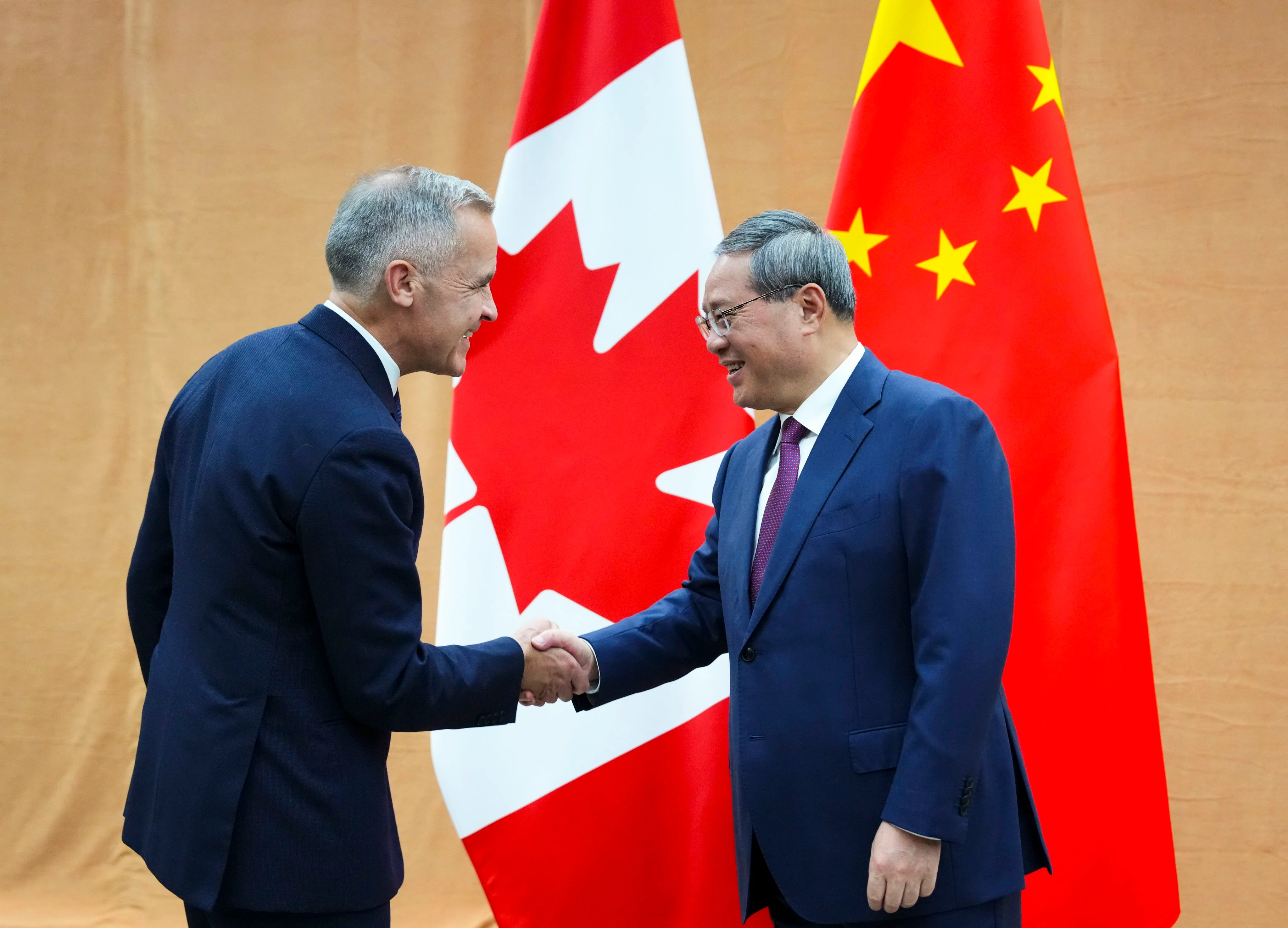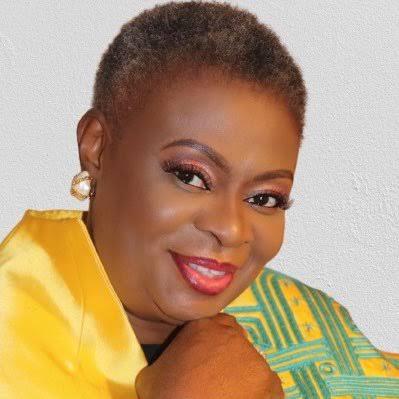By Shi Jiangtao
Copyright scmp

Chinese Premier Li Qiang has expressed hope that trade tensions with Canada could be de-escalated and their strained ties stabilised in a “practical and constructive” manner as tougher US tariffs loom.
In a meeting with Canadian Prime Minister Mark Carney in New York on Tuesday, Li called on both sides to act responsibly towards a “healthy, stable and sustainable” partnership while urging Ottawa to adopt a “correct” perception of China.
Carney later described it as a “very constructive set of discussions” that took place on the sidelines of the 80th United Nations General Assembly.
Li’s sit-down meeting with Carney marked renewed efforts to mend troubled relations, which deteriorated with the 2018 arrest of Huawei executive Meng Wanzhou during the prime ministership of Justin Trudeau, who left office earlier this year.
Ties further deteriorated after Canada imposed tariffs on imports of China-made electric vehicles as well as Chinese steel and aluminium last year. Beijing retaliated by levying hefty taxes on Canadian canola imports.
While both countries have made efforts to mend ties since US President Donald Trump returned to power in January and slapped tariffs on goods from Canada and China, Ottawa is under mounting pressure to align with Washington’s duties on Chinese goods.
“China hopes the Canadian side can adopt a correct perception of China and respect each other’s core interests and major concerns to cement the political foundation for the development of bilateral cooperation and ties,” Li said, according to a Chinese statement.
In a veiled swipe at the Trump administration, Li said the international community should enhance solidarity and join in responding to risks and challenges amid the rise of unilateralism and protectionism as well as the proliferation of trade restrictions.
Noting that China had long been Canada’s second-largest trading partner, Li said bilateral trade had expanded rapidly since the beginning of this year.
Beijing’s No 2 official pledged to support closer exchanges between the two governments, political parties and peoples, especially the younger generation.
“China is ready to work with Canada to maintain and develop the positive momentum, while addressing each other’s economic and trade concerns through dialogue and consultation,” he said.
Li further called on Canada to deepen and expand “mutually beneficial cooperation” in energy, green development, tourism and other fields.
He urged the Carney administration to provide a “fair and non-discriminatory” business environment for Chinese companies in Canada.
Tuesday’s talks touched on the tariff conflict, with Carney defending Canada’s steel tariffs, citing vulnerabilities to Chinese dumping.
Carney said Canada had only aligned with “some” US tariffs on China. He did not single out the EV levies in his remarks.
“There is some alignment of tariffs with the United States, and I will highlight particularly in the steel sector, where we’ve been very clear in the approach that we have taken, and we had an open discussion with the premier and our Chinese colleagues about that and the reasons for that,” Carney told reporters on Tuesday after his meeting with Li.
The two also discussed “agriculture and agri-food products, such as canola, as well as seafood and electric vehicles”, according to a statement about the conversation released by Carney’s office.
“I will expect at the appropriate time to be meeting with President Xi Jinping, but continuing this dialogue with the premier,” the Canadian leader said.
Separately on Tuesday, Li spotlighted the Beijing-led Global Development Initiative, proposed by Xi in 2021, as a cornerstone of China’s global development strategy.
“China will always be a supporter and promoter of common development and will take more active actions and demonstrate its due responsibility,” he said.
Li also announced that Beijing would voluntarily forgo seeking additional benefits traditionally afforded to developing countries at the World Trade Organization.
Without naming the US, Li pointed to rising unilateralism and protectionism that he said impaired international development cooperation.
He also unveiled plans for 200 marine development projects in the next five years to help smaller and less developed nations boost their capacity for sustainable development.
In addition, the Chinese premier introduced an “AI+” international cooperation initiative to leverage artificial intelligence for sustainable development.
The initiative covers public welfare, technological progress, industrial applications, cultural prosperity and talent cultivation, according to state news agency Xinhua.



